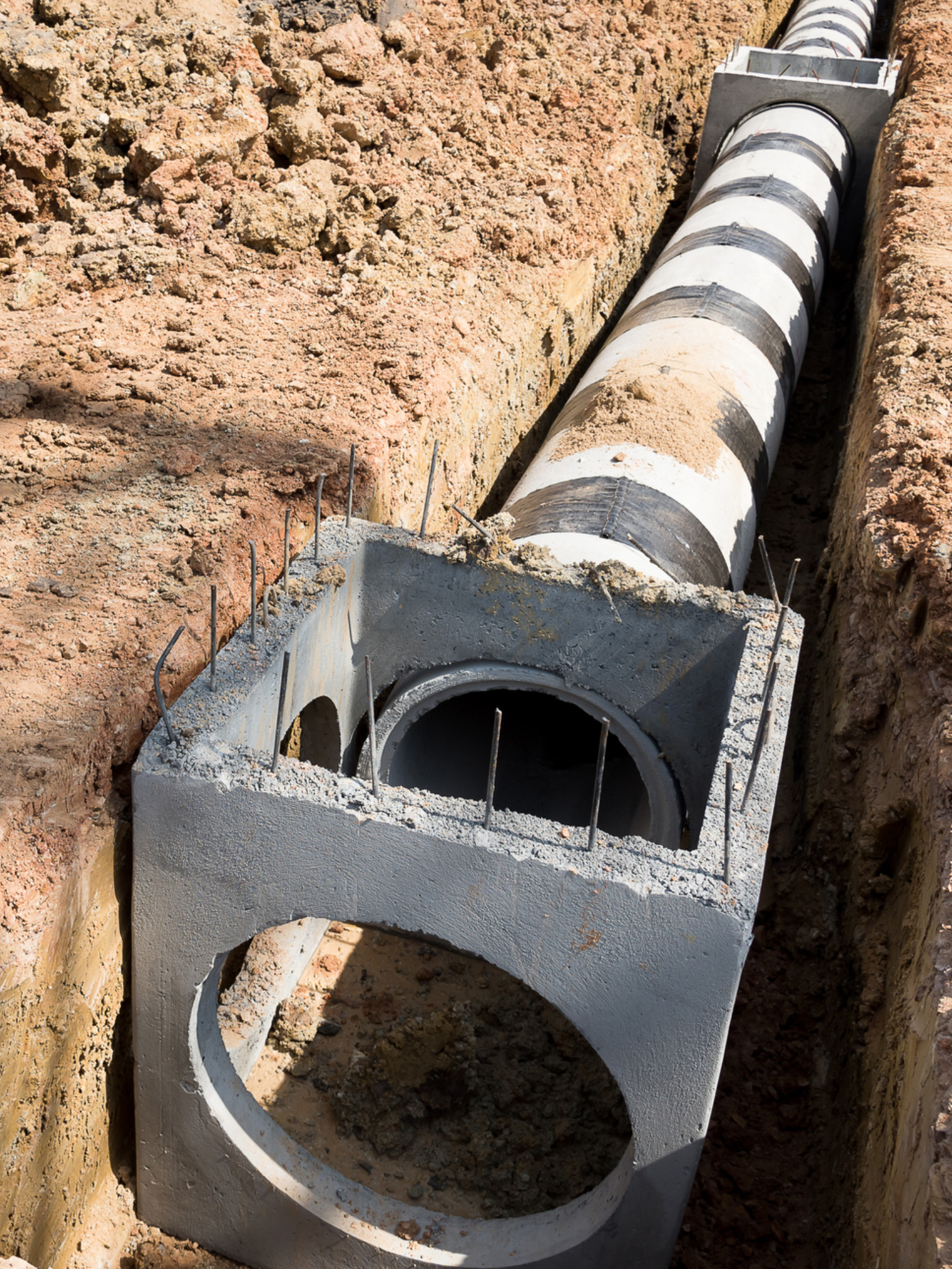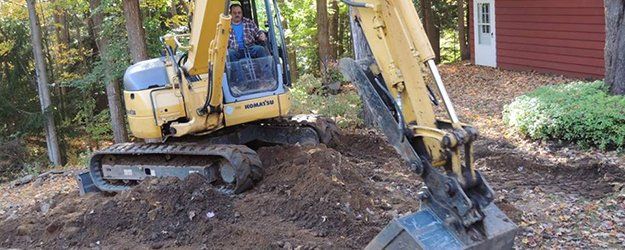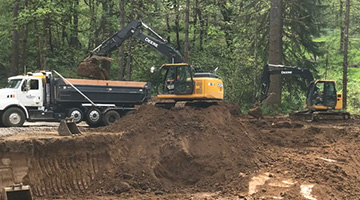Excavating Ohio - Top Excavation Specialists for Ohio Projects
Comprehensive Excavation Approaches: Mastering the Principles for Success
In the realm of construction and civil engineering, the relevance of efficient excavation methods can not be overemphasized. The careful preparation, accurate implementation, and precise focus to detail needed in excavation tasks demand a thorough approach that incorporates different basic facets. From initial soil evaluation to the implementation of safety actions and normal development tracking, mastering these core components is essential for accomplishing success in any type of excavation endeavor. Nevertheless, truth proficiency exists not just in understanding these principles but in effortlessly integrating them to navigate the complexities of excavation jobs with finesse.
Recognizing Excavation Task Preparation

Successful excavation tasks are built on the structure of extensive and precise preparation. The preliminary stage of any type of excavation task is the drawing board, where important decisions are made that can considerably influence the end result of the job. Throughout this phase, it is vital to collect all relevant info concerning the site, consisting of topographical studies, soil structure, and any possible risks that might exist. Comprehending the task budget plan, timeline, and extent restrictions is essential for developing a detailed excavation strategy that guarantees the project's success.
One secret facet of excavation job planning is the growth of a thorough timeline that details the sequence of tasks, landmarks, and due dates. This timeline offers as a roadmap for the project group, permitting them to track progression and make needed adjustments to make sure the task remains on timetable. In addition, a distinct budget that accounts for all expenditures, including equipment leasing, labor costs, and products, is crucial for staying clear of expense overruns and hold-ups. By very carefully thinking about all these factors throughout the planning stage, excavation tasks can be carried out efficiently and properly, causing successful results.
Dirt Evaluation and Website Evaluation
Performing detailed soil evaluation and website assessment is a critical action in the prep work phase of any type of excavation project. Soil evaluation includes determining the structure, framework, and properties of the soil at the excavation site. This information is vital for comprehending the dirt's bearing ability, dampness content, and potential for erosion, which are essential aspects in establishing the excavation methods and equipment needed for the job.
Site assessment exceeds soil analysis and includes a wider evaluation of the total site conditions. This assessment consists of recognizing any kind of possible threats, such as below ground energies, ecological worries, or unpredictable surface, that can influence the excavation procedure. By extensively evaluating the website, project managers can develop efficient excavation techniques that prioritize safety and security, efficiency, and environmental protection.
Making use of innovative modern technologies like ground-penetrating radar, soil sampling, and drone surveys can boost the precision and performance of soil analysis and site examination. Spending time and resources in these preliminary actions can ultimately save time and avoid expensive delays or complications throughout the excavation procedure.
Tools Option and Use
Effective excavation tasks count heavily on strategic tools choice and application to make certain ideal performance and performance. Choosing the ideal devices for the job is crucial in taking full advantage of efficiency and minimizing downtime. Variables such as the kind of dirt, deepness of excavation, and project extent play a substantial duty in establishing one of the most suitable tools for the job at hand.

In enhancement to choosing the ideal equipment, proper utilization is key to job success. Operators must be trained to manage the tools safely and efficiently - dump truck companies in ohio. Routine upkeep checks and prompt repairs aid stop failures and guarantee regular performance throughout the job
Precaution and Rules Conformity
In the realm of excavation jobs, focusing on precaution and conformity with regulations is extremely important to making certain a secure and legally sound operational setting. Precaution incorporate a variety of practices, including conducting extensive website assessments, carrying out correct signs and barriers, and providing adequate security training for all personnel included in the excavation process. Adherence to regulations, such as OSHA needs in the United States, makes certain that the excavation job meets the needed requirements to protect workers, onlookers, and the surrounding atmosphere.

Tracking Progression and Adjusting Methods
How can project managers properly track the innovation of excavation tasks and adapt their techniques accordingly to maximize outcomes? Monitoring progression is necessary for guaranteeing that excavation jobs remain on track and meet deadlines. Project managers can utilize various tools and methods to track progress, such as daily report card, routine website assessments, and progressed surveillance innovations like drones and general practitioners tracking systems. By continually monitoring the job's innovation, supervisors can recognize any kind of possible delays or useful reference concerns at an early stage and take aggressive steps to address them.

Conclusion
Finally, understanding the fundamentals of extensive excavation approaches is important for the success of any type of task. By understanding project preparation, examining More hints dirt and website problems, selecting proper devices, abiding by safety and security laws, and keeping track of progression, task supervisors can guarantee a smooth and reliable excavation procedure. Applying these methods will lead to effective results and lessen prospective threats or problems throughout the excavation task.
The preliminary phase of any type of excavation job is the planning phase, where crucial choices are made that can considerably influence the end result of the task. Comprehending the job timeline, range, and budget plan restraints is crucial for producing a thorough excavation strategy that makes certain the task's success.
How can predict supervisors effectively track the development of excavation jobs and adjust their approaches accordingly to maximize end results? By very closely keeping an eye on progress and being prepared to adapt methods, job supervisors can improve the total success of excavation jobs.
By recognizing job planning, analyzing soil and website conditions, selecting suitable equipment, complying with safety policies, and monitoring progression, job supervisors can make sure a efficient and smooth excavation procedure.